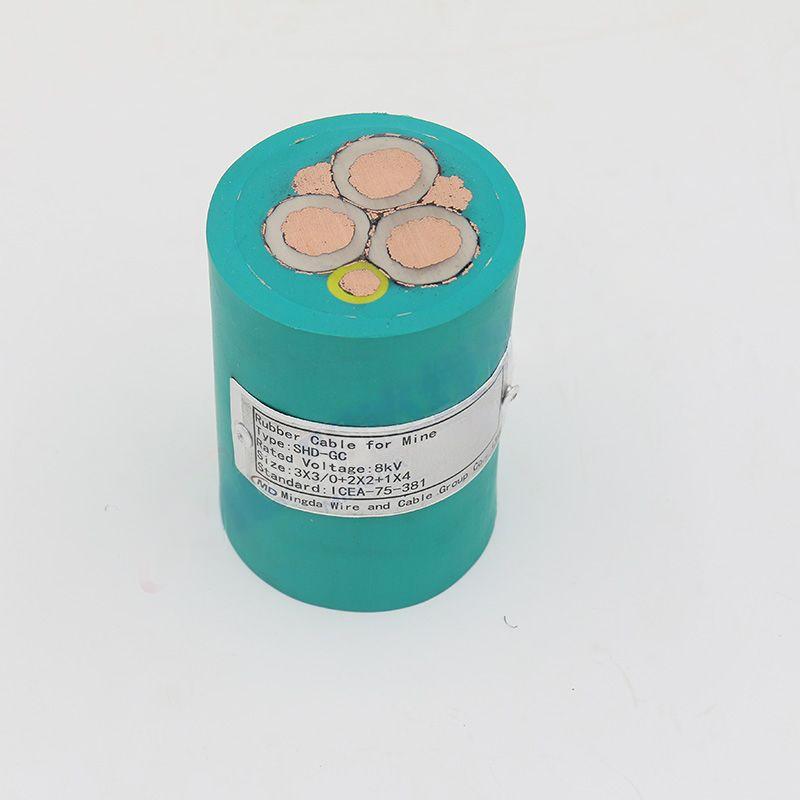8 月 . 28, 2024 11:34 Back to list
High-Quality Stainless Steel Globe Valve for Accurate Flow Control
Understanding Stainless Steel Globe Valves A Comprehensive Overview
Stainless steel globe valves are essential components in many industrial applications, known for their reliability and durability. These valves are primarily used to control the flow of liquids and gases, making them indispensable in various sectors, including oil and gas, chemical processing, water treatment, and power generation.
One of the key advantages of stainless steel globe valves is their excellent resistance to corrosion. This property is particularly important when dealing with aggressive chemicals or high temperatures that could potentially degrade other valve materials. Stainless steel, composed of iron, carbon, and chromium, forms a passive layer of chromium oxide on its surface when exposed to oxygen. This layer protects the valve from rust and wear, ensuring a long service life even in harsh environments.
The design of globe valves allows for effective flow regulation. Unlike gate valves, which are typically fully open or fully closed, globe valves offer a variety of flow positions, enabling precise control over medium flow. This feature makes them ideal for throttling applications. The internal structure of a globe valve includes a movable disk and a stationary ring seat, which work together to manage the fluid flow seamlessly.
stainless steel globe valve

Installation and maintenance are also straightforward with stainless steel globe valves. Their robust construction means that they can withstand high pressure and high-temperature conditions, minimizing the risk of failure. Regular maintenance—such as checking for leaks, ensuring proper sealing, and examining the actuator—helps in prolonging the lifespan of the valve and optimizing its performance.
When selecting a stainless steel globe valve, several factors should be considered, including the application type, the pressure and temperature conditions, and the nature of the fluid being controlled. Valves are available in various sizes, pressure ratings, and configurations, such as rising stem or non-rising stem designs, allowing them to fit seamlessly into existing systems.
In conclusion, stainless steel globe valves are an excellent choice for controlling fluid flow in various industrial applications. Their attributes, including corrosion resistance, precise flow control, and straightforward maintenance, make them a preferred option for engineers and plant managers. As industries continue to evolve, the demand for reliable and efficient valve solutions will undoubtedly grow, reinforcing the significance of stainless steel globe valves in modern infrastructure.
Share
-
Understanding the Differences Between Wafer Type Butterfly Valve and Lugged Butterfly ValveNewsOct.25,2024
-
The Efficiency of Wafer Type Butterfly Valve and Lugged Butterfly ValveNewsOct.25,2024
-
The Ultimate Guide to Industrial Swing Check Valve: Performance, Installation, and MaintenanceNewsOct.25,2024
-
Superior Performance with Industrial Swing Check Valve: The Essential Valve for Any SystemNewsOct.25,2024
-
Industrial Swing Check Valve: The Ideal Solution for Flow ControlNewsOct.25,2024
-
You Need to Know About Industrial Swing Check Valve: Functionality, Scope, and PerformanceNewsOct.25,2024